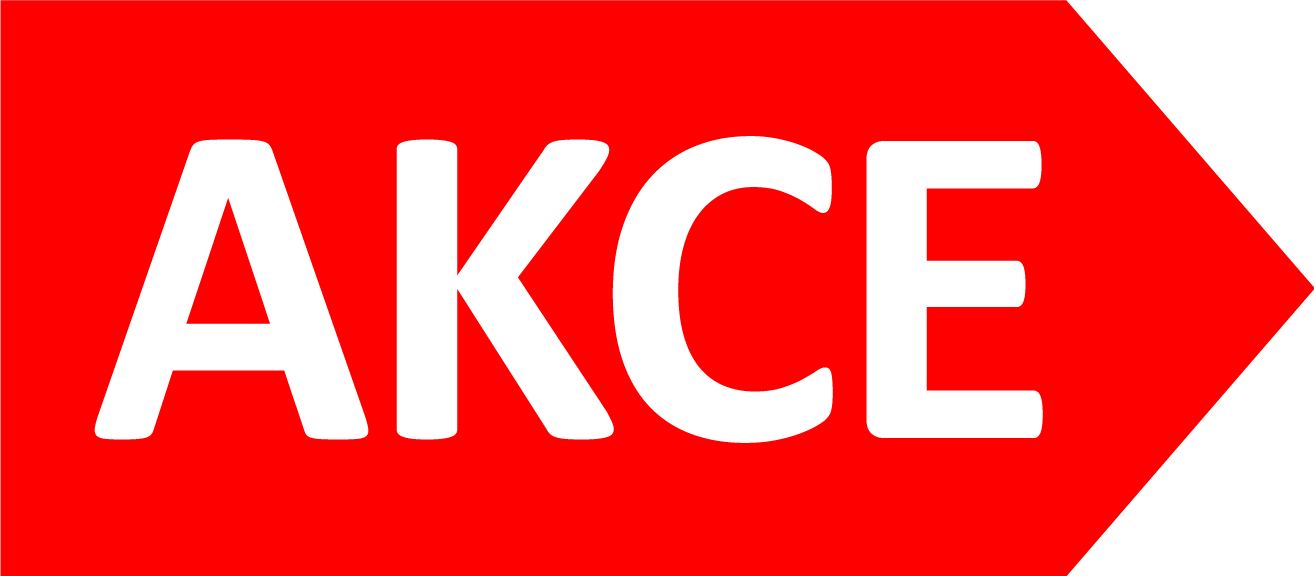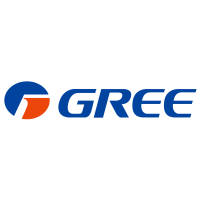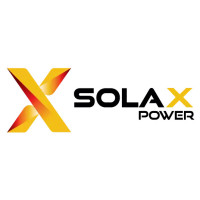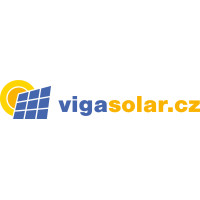
What is an island solar system?
An island solar system (sometimes referred to as an "off-grid" system) is a photovoltaic system that is not connected to the electricity distribution grid. The energy produced by the solar panels is stored in batteries and then used to power appliances or other equipment. The system includes solar panels, a voltage converter (inverter), batteries and possibly a charge controller that optimises the charging and discharging process of the batteries.
When does an island system pay off?
This type of system is most worthwhile in locations where the electricity grid is not available or where it would be financially or technically difficult to install (e.g. remote huts, mountainous areas, agricultural buildings, islands). It is also used where people want to be energy independent, for example due to frequent power cuts.
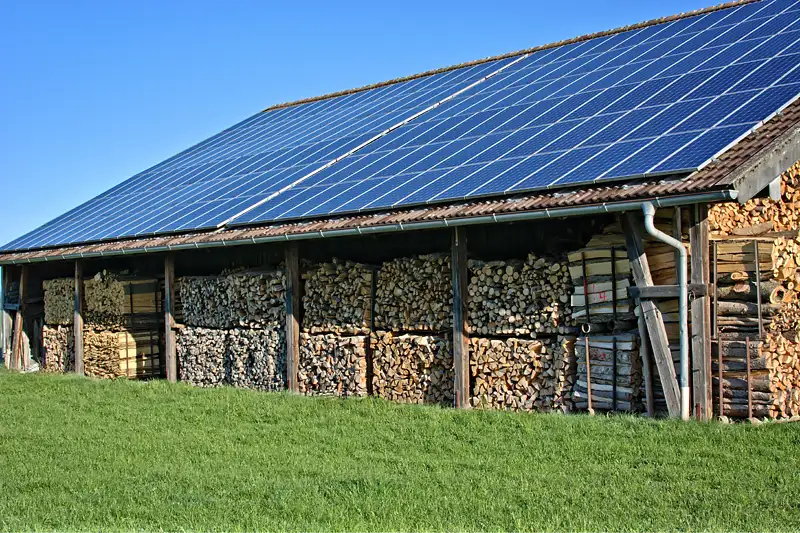
Advantages of an island solar system
The main advantage is absolute energy independence. Users are not dependent on electricity supplies from external providers, which is particularly practical in areas with frequent blackouts or where electricity is not available.
Disadvantages and limitations
Island systems are dependent on the quality and capacity of the batteries, especially if the system is to cover year-round operation. In addition, it requires sufficient power planning to ensure that the batteries are sized correctly and are not at risk of overcharging or discharging. The importance of expert design and installation of an island PV system, as well as the use of quality components, is therefore crucial.
The importance of quality and branded components
The use of proven and quality components in an island solar system ensures reliable operation and a longer service life. Cheap alternatives may fail, have lower efficiency or cause energy losses, which will become more expensive in the long run.
Safety and durability
Branded components are designed to withstand harsh conditions such as extreme temperatures or UV radiation. In addition, they reduce the risk of overheating, fires and other malfunctions, increasing system safety.
Long-term savings
Overall, high-quality components mean greater reliability, safety and cost-effectiveness in the long run.

